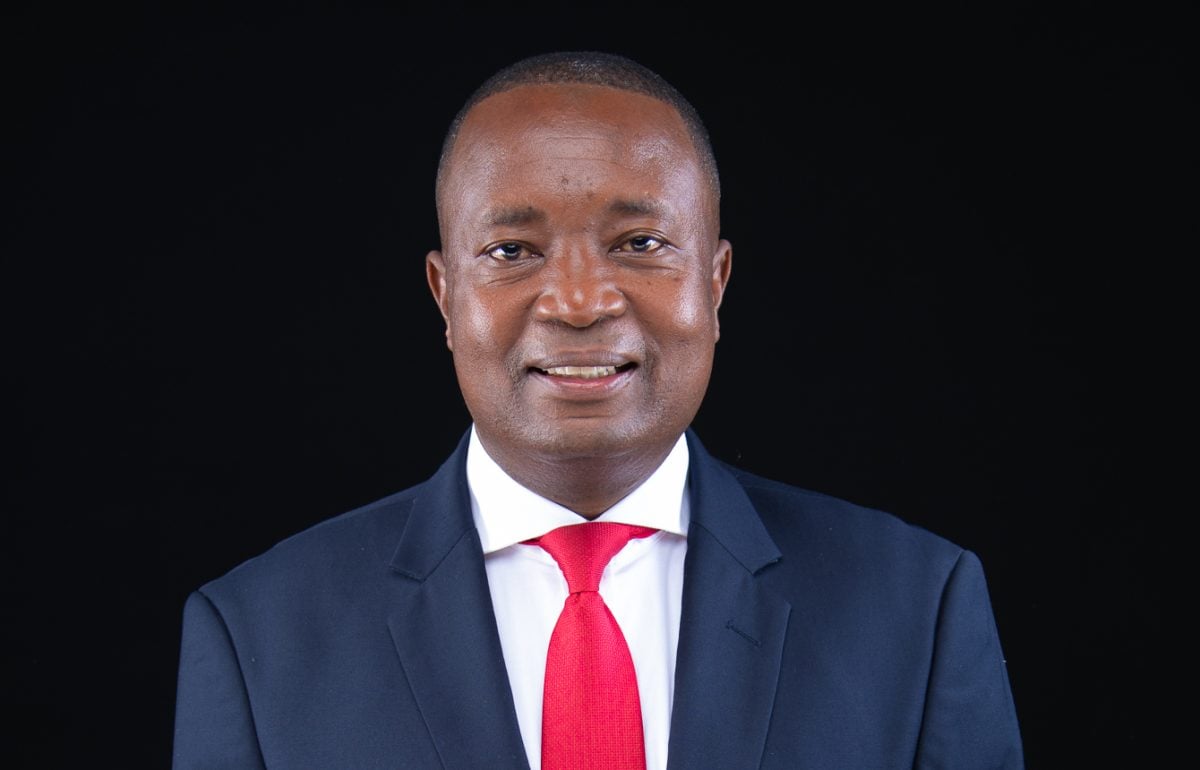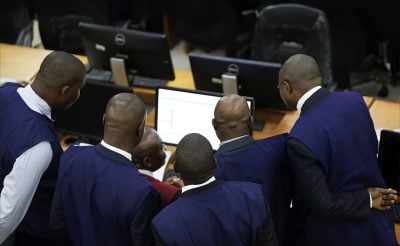Dalitso Kabambe, former central bank governor of Malawi and now a candidate in the country’s September presidential elections, is under no illusions about the enormity of the job he’s seeking. “Malawi’s situation is precarious. It’s extremely dire,” he tells African Business in his assertive manner. Evidence for this claim is easily found. An extended run of bad weather has heavily affected agriculture, the country’s main economic driver. Last year, its economy grew by only 1.8% and this year is expected to deliver 3.5%, according to the IMF.
In May the International Monetary Fund terminated a $175m programme that the country had entered in November 2023, citing the lack of a mandatory review within the stipulated 18-month time frame. Just $35m had been disbursed.
Kabambe insists that the overreliance on agriculture is a major culprit. Since independence, he says, the country’s economy has been based on exporting maize, tobacco, tea and sugar, leaving it vulnerable to price shocks. Not only that, but agriculture in the country is mainly rain-fed and largely conducted by basic tools.
“These two factors – our inability to improve our farming methods and climate change – have grossly affected our production,” he points out. With agriculture so dominant, problems in the sector have had a significant impact on the wider economy. “When agriculture sneezes, all other sectors also sneeze.”
In a July update, the IMF notes that inflation is accelerating, foreign exchange reserves are dwindling and fiscal imbalances are becoming “more pronounced”. Over 20% of the population is facing high levels of food insecurity, up five percentage points over 2023.
Overreliance on agriculture is not the only problem that Kabambe is concerned about. More generally, he claims the country is badly run, with an oversized public sector that is a drag on public finances. The country’s unsustainable debt has not led to growth because it has been expended on consumption and not investment, he argues.
Additionally, it means that the country’s private sector has been starved of funds, while the country is forced to pay off debts. On top of all that, demand for public services is going up, even as the government fails to invest in expansion and improvement, he says.
“Overall, I would say that the country is really struggling economically because of the structure of our economy, our inability to improve and transform the economy, the challenges of corruption and inability to do the right things. All those things have led the country to be where we are today,” he concludes.
Economic overhaul planned
Should he be successful in his bid, Kabambe is proposing a total overhaul of the country’s economic architecture. The main tenet of the prospectus he is offering is to spread the country’s economic eggs across a varying selection of baskets. First of all, he wants Malawi to cultivate high value crops in addition to the traditional options that it has relied on.
“Cotton, for instance… We can go from production to ginning to spinning and cloth making. We can also develop pastas, soybeans, groundnuts, beans and others,” he continues. Other options are fish and cattle farming. “We can do this through targeted investment, with a roadmap that shows what we want to do and how we intend to do it,” he emphasises.
Mining is also another prospect on his radar. “South Africa has developed out of mining when they only had gold. Botswana has developed out of diamonds. Saudi Arabia, Kuwait and Dubai have developed out of oil and gas. In Malawi here, we have all these available. We have oil and gas beneath Lake Malawi. We have gold here, we have bauxite here, we have rare earths here and we have graphite here,” he points out, noting that studies have already been done to determine the values of the minerals and the amounts needed to develop them.
“The amount of money is not that significant. It’s manageable. The problem is our approach to things; we haven’t diversified our economy to include mining as one of the key and fundamental sectors of our economy.”
Manufacturing and tourism are yet other options in Kabambe’s plan of transformation, the central plan of which is that widening the country’s economic options is the only way it can achieve meaningful growth. And with growth, he says, will come the headroom to invest in education, health and public services. Malawi, he observes, has a predominantly youthful population – “half of the population are below the age of 20 and 75% are below 35” – and these investments are critical to the nation’s future. His plan, he says, will also create jobs for young people, taking them “off the streets and into offices and factories”. If it all sounds daunting, that’s because it is. But Kabambe is confident he has a record that should assure voters. Kabambe led the Central Bank from 2017 to 2020 and claims a number of wins during his tenure.
“The policy rate improved, interest rates improved and private sector lending, which was negative at the time when I was coming to the bank, became positive in real terms and was growing quite substantially by the time I left,” he claims.
Reassuring for investors
Kabambe says he has committed himself and his party to the difficult, and likely painful, decisions that are necessary to turning the Malawian economy around – which would be reassuring for investors and the markets. “It’s only UTM [the United Transformation Movement] which is prepared to take these tough economic measures so that we can restore macroeconomic stability quickly. Studies have shown that with the right fiscal, monetary and exchange rate policies, it will take us about 9-18 months to restore macroeconomic stability.
“So the first three years will really be about restoring macroeconomic stability, getting things right and then we invest properly in mining, manufacturing, transformation of agriculture and other areas.”
He is also promising a robust, audit-led approach to tackling corruption and disrupting the current top-down governance approach by sending more money to local authorities and away from central government.
He’d have to win first however, in a field that includes not just the incumbent but two former presidents – Peter Mutharika of the Democratic Progressive Party, who served from 2014 to 2020, and Joyce Banda of the People’s Party, who served between 2011 and 2014. Kabambe, however, remains confident of his chances, brushing off any suggestion he may end up playing kingmaker for one of the bigger parties.
Internal polling, he says, shows they have a chance to be one of the final two in a putative run-off. “I’m here to fight. We are here to fight as a party. And we can win this election,” he says.
Want to continue reading? Subscribe today.
You've read all your free articles for this month! Subscribe now to enjoy full access to our content.
Digital Monthly
£8.00 / month
Receive full unlimited access to our articles, opinions, podcasts and more.
Digital Yearly
£70.00 / year
Our best value offer - save £26 and gain access to all of our digital content for an entire year!

 Sign in with Google
Sign in with Google 



